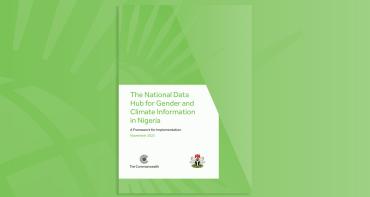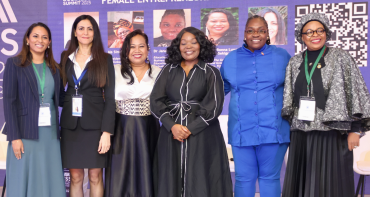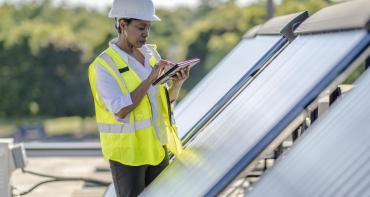Featured article by Commonwealth youth correspondent, Nutifafa Geh of Ghana.
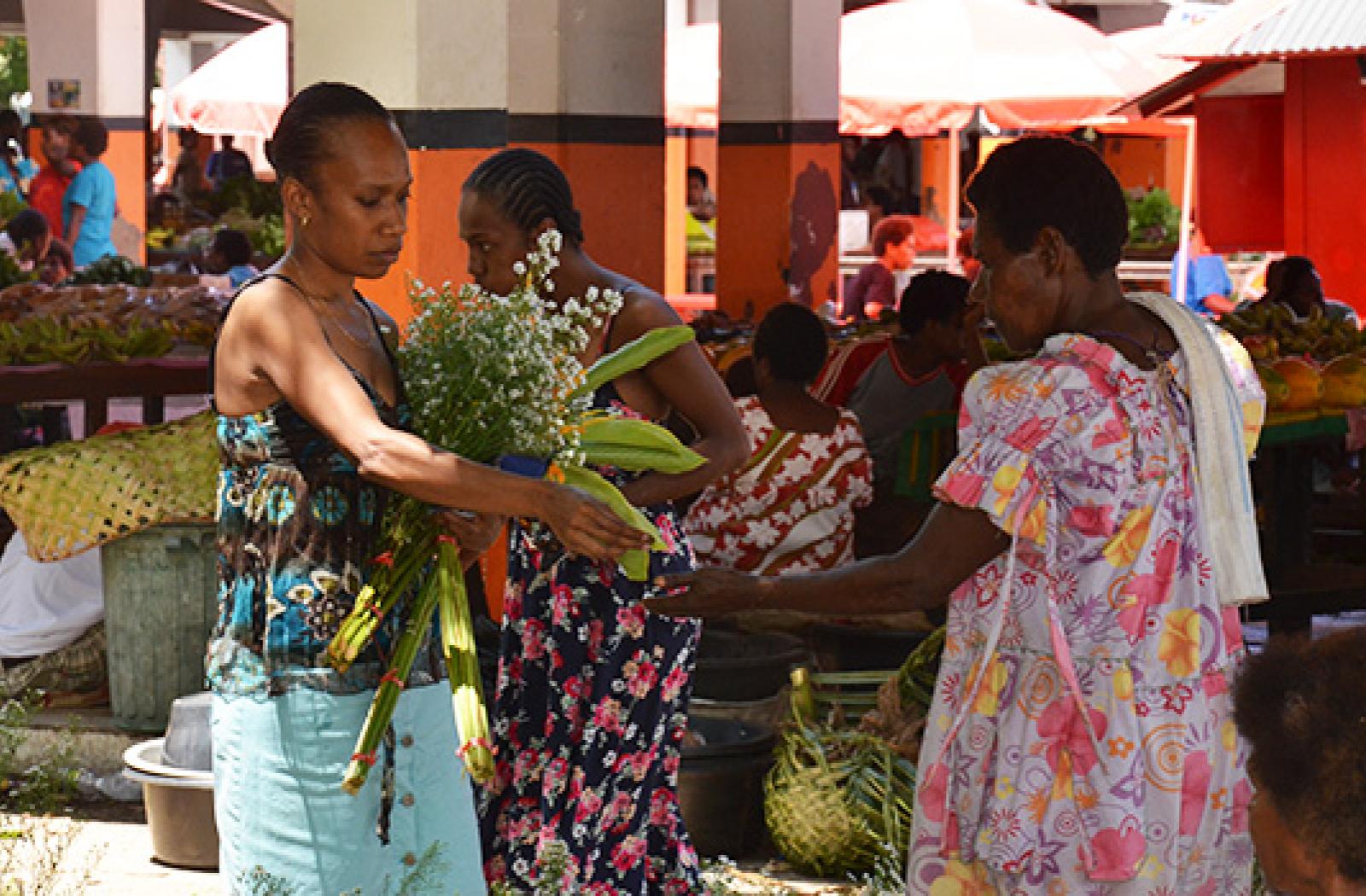
By Commonwealth youth correspondent, Nutifafa Geh of Ghana
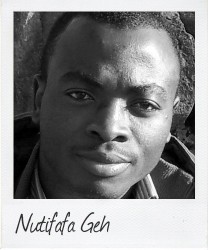
This year’s Commonwealth Women’s Affairs Ministers Meeting (WAMM) is focusing on “Gender equality through sustainable development in an inclusive Commonwealth”. The
The World Bank Group Gender Strategy for 2016-2023 is focused on improving human endowments for women―health, education, and social protection; removing constraints for more and better jobs; removing barriers to women’s ownership of and control over assets; and enhancing women’s voice and agency. It has also been identified that there should be better country-level diagnostics, policy dialogue, and sex-disaggregated data.
In Ghana, the
- Low female enrolment at secondary and tertiary level.
- Socio-cultural practices, norms and societal attitudes that discourage women from engaging in wage employment such as commercial driving, welding, and auto mechanics.
- Inadequacy of sex-disaggregated data.
- Inadequate funds for gender work at all levels.
What should then be the priorities in the Commonwealth? The challenges and conditions in Ghana may not be exactly the same in other member countries. Nevertheless, at the core, gender equality has some basic cross-cutting elements. An example of this is education. This is a key priority that can be harnessed to advance gender equality: formal education, and technical vocational education and training. Education can be compared to the heart, providing life support to the other SDGs goals.
The World Bank recounted that although global engagement in promotion of gender equality was strengthened significantly over the years, donor financial commitments have not kept pace with political commitments. There is a gap in financing these ambitious projects, hence there is a need to brainstorm to devise smart-financing tactics. There should also be a focus on research to provide data to inform decision-making.
The story of Dr. Tererai Trent of Zimbabwe is an inspiration and a reminder about how education contributes to women empowerment and breaking of gender barriers. Tererai is a crusader for education, and she is a role model today, but in the beginning her story was not that auspicious: she was a cattle herder who married young and by age 18 had three children and no high school certificate. However, her story changed when she got an education. It can be said that education was the arrow that poked the giant in her to wake up to greatness. Education brought her the needed empowerment and without it she would not be where she is today. If we want to see more of Tererai Trent’s, we have to take action to improve the educational attainment of women and girls.
During this year’s Commonwealth Day celebration, it was acknowledged that every person is different, and each has something unique to offer. Women also have something very unique to offer and this cannot be substituted by men. It is only when all disparity dissipates that we are well positioned for prosperity.
Read more stories on gender from Commonwealth youth correspondents

